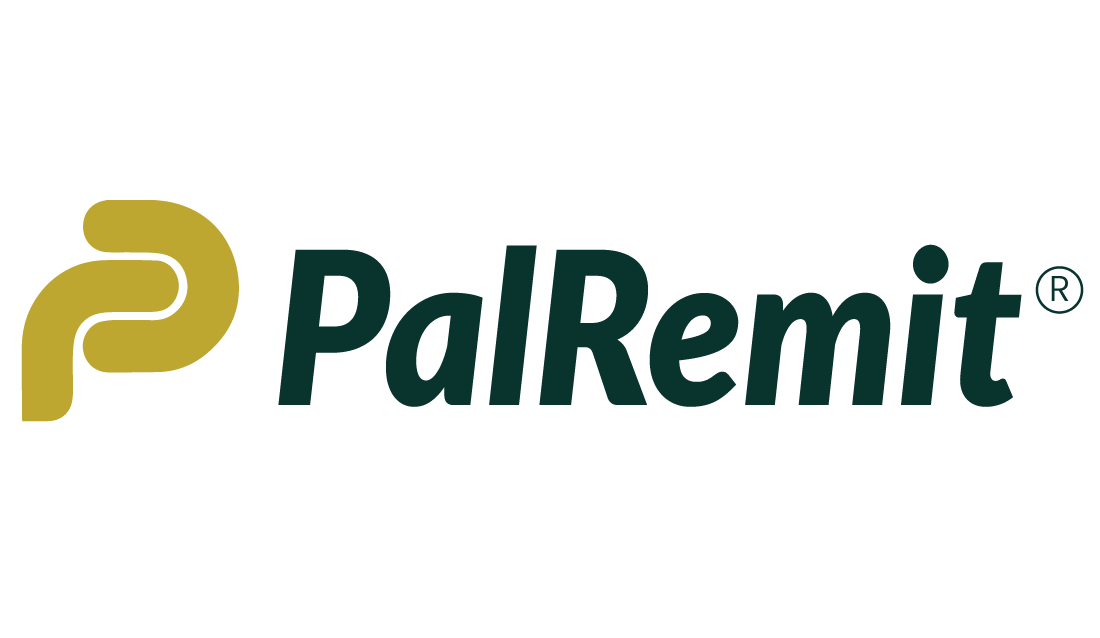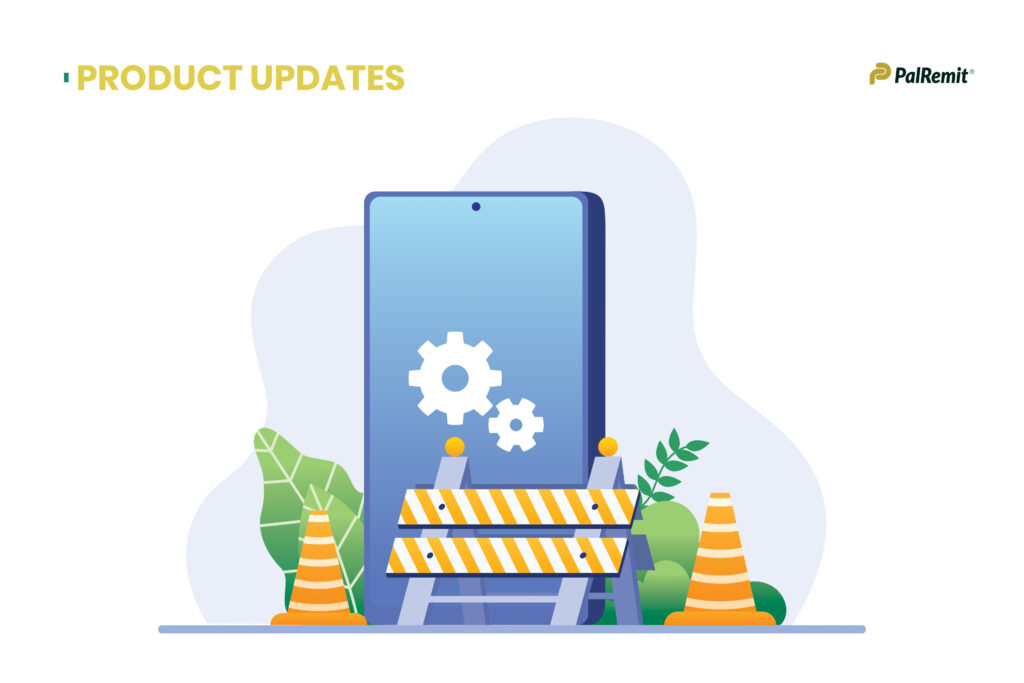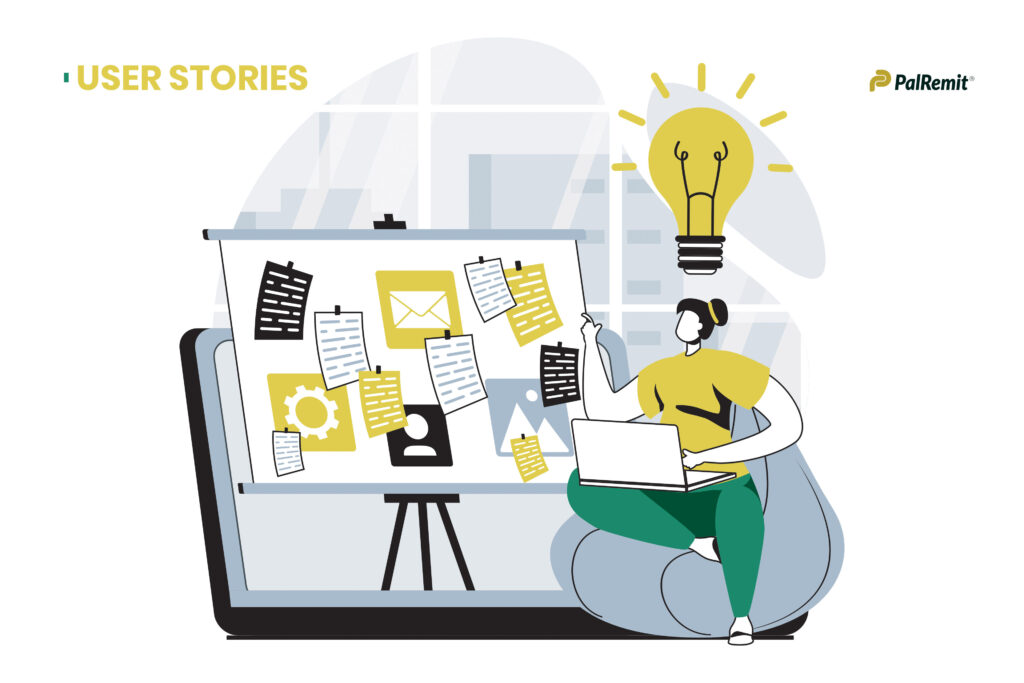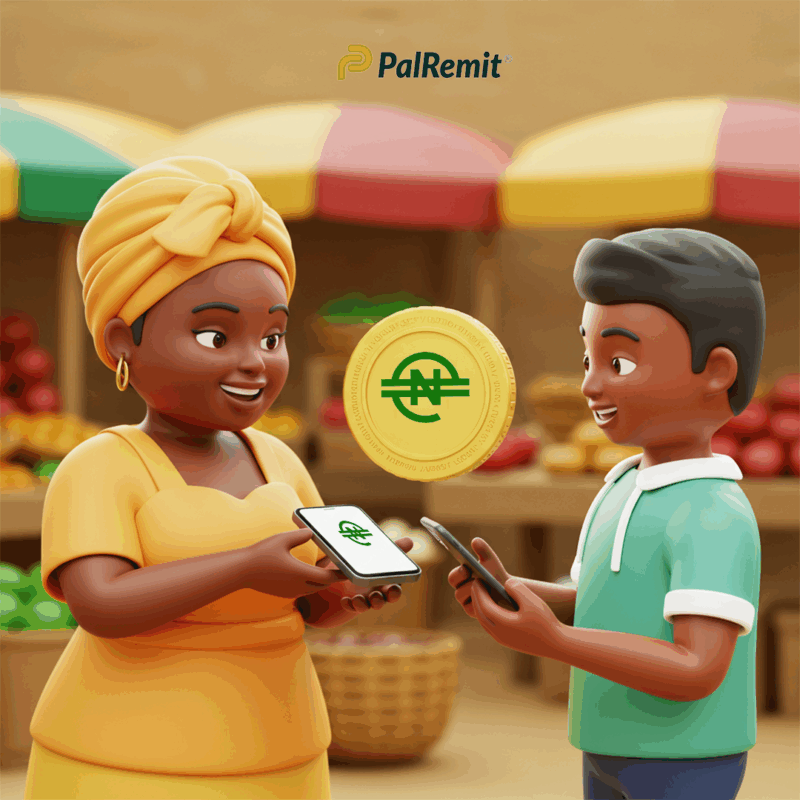Across Nigeria, cash is no longer the default method of payment. Market traders now accept transfers. POS agents have become middlemen for digital cash. Most banks encourage customers to use mobile apps. Even the informal economy has slowly adjusted to QR codes, USSD, and fintech wallets.
This shift did not happen overnight. It was shaped by inflation, currency redesigns, and a new generation of people who spend more time with their phones than at physical branches.
Now, a more serious question is being asked, not just by economists, but by everyday Nigerians:
What happens when money itself stops being physical?
The Central Bank has already answered. In 2021, it launched the eNaira, a government-controlled, digital version of the naira. It is Nigeria’s Central Bank Digital Currency (CBDC). Three years later, its adoption remains low, but its intention is clear.
The country is moving toward a cashless economy. The tools are already being built. The real issue is whether Nigerians will have control, choice, and freedom in that future, or whether they will be locked into a system they did not design.
What the eNaira Was Meant to Fix
The eNaira was launched to address multiple national problems at once.
The Central Bank wanted to reduce the cost of printing cash. It wanted to trace financial flows more easily and reduce corruption in government spending. It also aimed to expand access to the financial system for people who do not have bank accounts, especially in rural areas.
Over time, the eNaira has been positioned as a tool for:
- Social welfare payments
- Agricultural loan disbursements
- Public sector vendor payments
- Cross-border remittances
In 2025, the CBN announced that over five million farmers had received support via the eNaira wallet. Government ministries now use the system to disburse certain funds. New versions of the wallet support USSD to reach feature-phone users.
These improvements have made the eNaira more functional. However, functionality does not always equal trust.
Why Most Nigerians Still Do Not Use It
Despite the push, the numbers remain stark. Over 13 million wallets have been created, but less than two percent are active. The eNaira still represents under 0.5 percent of total money in circulation.
The reasons are simple.
Many Nigerians do not want a wallet that the government can monitor directly. Some fear account restrictions or automatic deductions. Others see no reason to switch, especially when they already use crypto, fintech apps, or dollar-based tools that offer better speed and stability.
There is also the issue of value. The eNaira is simply the naira in another format. It does not protect against inflation. It does not appreciate. It does not solve the underlying weakness of the local currency.
That is why people still hold money in USDT, not eNaira. That is why freelancers request payment in crypto, not bank transfers.
Trust is not about design. It is about choice.
CBDCs vs. Crypto: Two Different Visions for Digital Money
In a crypto system, users have privacy, global reach, and independence. In a CBDC system, users have traceability, stability, and state backing.
One empowers you to move money with almost no restrictions. The other allows the state to issue and manage funds with full visibility.
Both systems have strengths. Both can co-exist. The real challenge is interoperability, helping Nigerians move between them without friction.
Someone might receive payment in Bitcoin but still need to pay school fees in naira. Another person might receive a government loan in eNaira but want to store savings in USDT. These are not rare cases. They happen every day.
That is why the infrastructure that sits between the systems is now more important than the systems themselves.
Why Flexibility, Not Format, Will Define the Future
Even if CBDCs succeed, and the eNaira becomes widely used, Nigerians will still need platforms that help them switch between naira, dollars, and crypto, without delay or uncertainty.
This is where tools like Palremit make the transition easier.
Palremit allows people to:
- Convert USDT or BTC directly to Naira or USD
- Fund virtual cards without relying on unstable black market rates
- Avoid app limits or middlemen while moving between wallets
It does not matter whether you are pro-crypto or pro-CBDC. What matters is being able to move your money when and how you choose.
As more governments introduce CBDCs and regulate private wallets, this middle ground will become essential, not just for freelancers and tech-savvy users, but for anyone who wants to stay in control.
The Future Is Cashless. The Question Is Who Gets to Decide
Nigeria is not waiting to go digital. The shift is already happening.
The eNaira is not perfect, but it is a signal of what is coming: a future where more money is tracked, less is tangible, and every transaction passes through some layer of state oversight.
That does not mean Nigerians should reject digital progress. It means they should protect their right to choose which tools they use.
Platforms like Palremit support that freedom. We ensure you are never left behind when the rules, apps, or economy change again.
Want to stay flexible in a changing system?
Explore Palremit Now!
